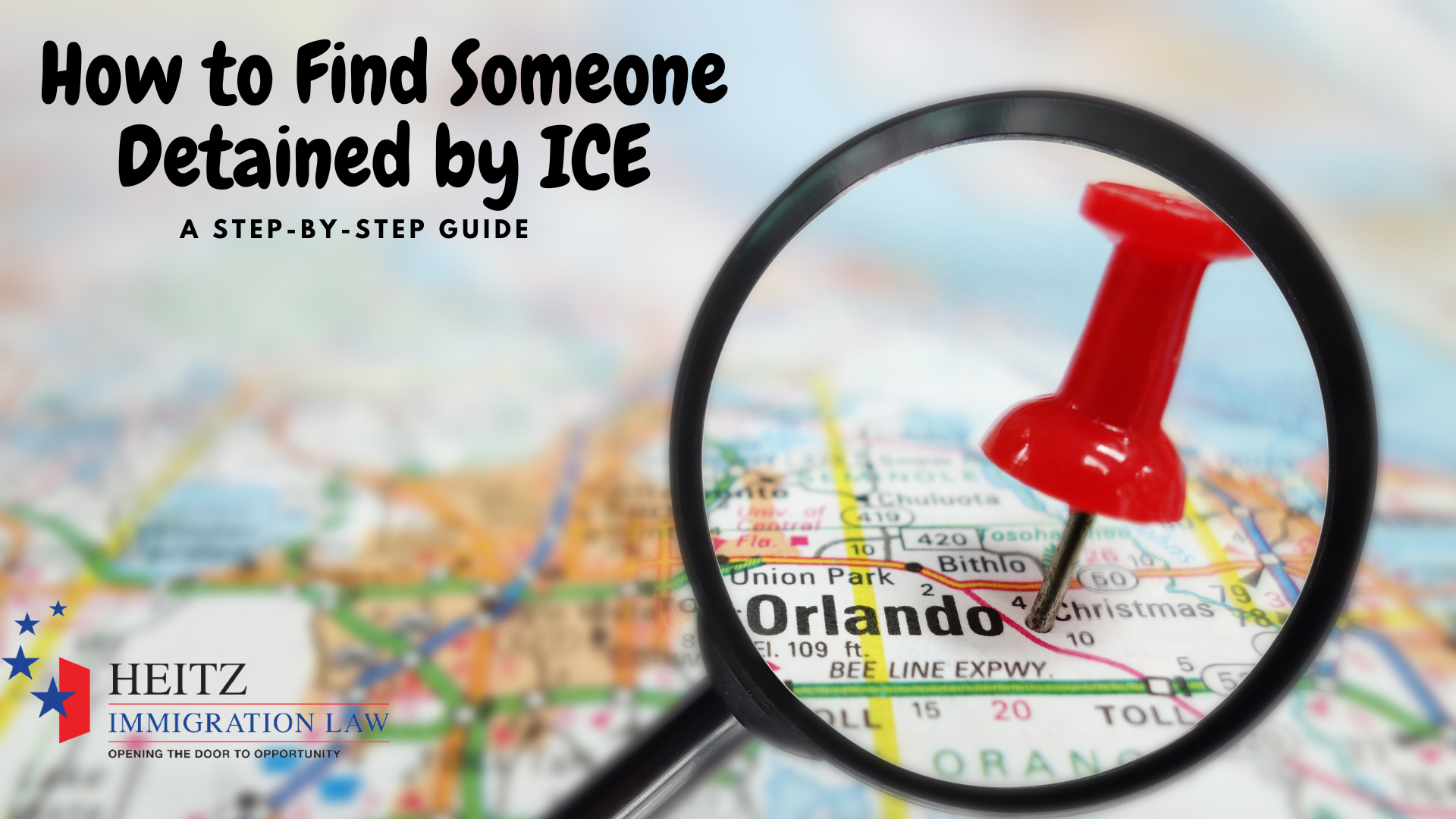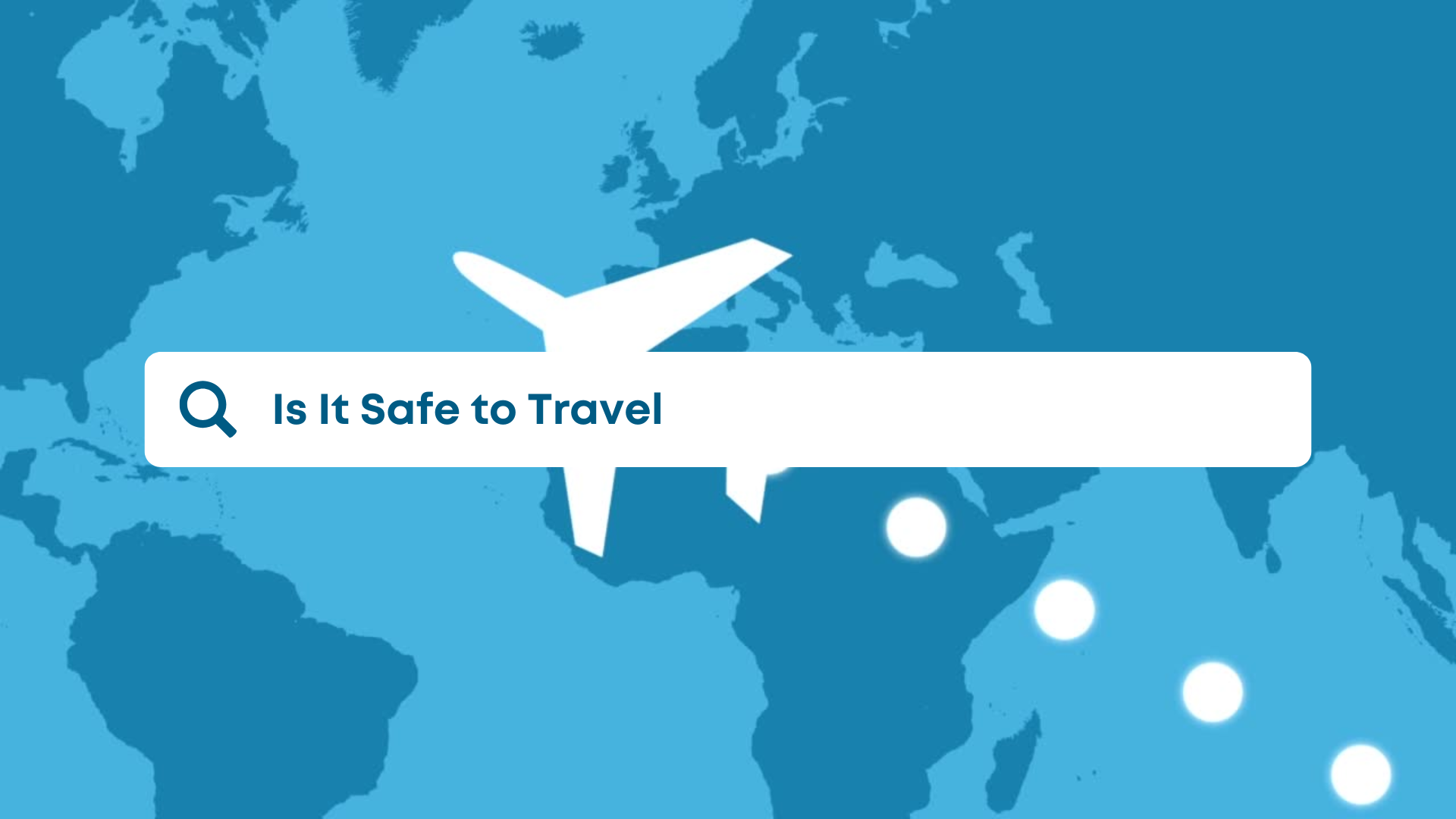The visitor visa (B-1 for business or B-2 for pleasure), is just what it says – you are being admitted as a temporary visitor. However, each year many people come to the U.S. on a visitor visa and do all kinds of things that can result in very serious consequences. This can ruin their future possibilities to return to the U.S. or make them inadmissible to obtain future immigration benefits.
Here are 5 things you should NOT do after arriving in the United States with a visitor visa.
1. Overstay your departure date.
When you arrive in the U.S. with a visitor visa, whether you had to get your B-1/B-2 visa from the U.S. Consulate or you arrived under the Visa Waiver Program, you will be given a departure date for when your visit is over. If you leave after that date, you can be subjected to a bar from ever coming back to the U.S. for a very long time.
If you overstay longer than 6 months but less than one year and then leave, your bar from re-entry to the U.S. will be 3 years. If you overstay longer than one year and leave the U.S., you will be barred from re-entering the U.S. for 10 years. Not only will you be barred from re-entering, but you can also be prevented from taking advantage of any immigration benefits that your family members or potential employers might bestow on you in the future if you stay.
There are only two ways that immigration law will forgive you for being in overstay and allow you to get a green card. First, if you marry a U.S. citizen, you may still apply for an adjustment of status even if you are in overstay. (If you marry a green card holder under the same circumstances, the law will NOT forgive you for your overstay and you will NOT be able to obtain a green card through your spouse). Second, if you have an adult U.S. citizen child over 21 that can sponsor you, the law will also forgive you for staying beyond your departure date. These are the only ways you can adjust your status to becoming a lawful permanent resident after being in overstay or being out of status.
Risking being in overstay can put you in a very difficult situation. That’s why many who do overstay their visitor visas do not leave the U.S. They stay year after year, in limbo, knowing that if they leave, they have little chance to come back. It’s pretty sad when a person cannot even attend their own mother’s funeral in their home country for the sake of not giving up their life in the U.S. despite being an illegal immigrant in the U.S.
There are some waivers for the 3 or 10 year ban that could apply, depending on your situation. A consultation with an immigration attorney can inform you if this is something you might qualify for.
2. Apply for a green card through marriage soon after arriving as a visitor.
Immigrant intent is something that U.S. immigration laws take very seriously. The intent when you arrive on a visitor visa is not to have any immigrant intent – sounds like a tongue-twister, but what it means is that you are not supposed to want to get a green card or some other type of visa that allows you to stay legally in the U.S. when you enter with a visitor visa. Your intent should only be to come to the U.S. for a temporary visit.
Let’s say you arrive on a visitor visa on Sept. 1, 2015, and you get married to a U.S. citizen on Sept. 10, 2015. If your U.S. citizen spouse then files a family petition for you along with your adjustment of status application to become a lawful permanent resident, this will raise a big red flag with immigration officials. Your case can be denied for having “immigrant intent” when you arrived on your visitor visa. A green card application like this within the first 30 days of arriving is going to be presumed to show immigrant intent – meaning that it will be presumed you were trying to avoid doing it the right way.
Many couples don’t want to do it the “right way” which is if they get married in the U.S, the foreign spouse must depart the U.S. before their departure date stated on their visitor visa and then the U.S. spouse files the petition while the foreign spouse waits in his/her home country for the application to be processed through the consulate. Or, another correct way is if they get engaged while in the U.S., the foreign fiance leaves the U.S. before their departure date and the U.S. fiance files a petition to bring the foreign fiance to the U.S. and then they get married. (See more about fiance petitions in our blog post on this topic).
But what often happens is that couples get married and because they are head-over-heels in love and just can’t bear to be apart from one another, the foreign spouse remains in the U.S. and doesn’t want to leave to complete the adjustment process through the consulate or embassy.
Some may successfully get a green card by staying in the U.S. to process it if all goes well with their documentation to prove it is a true marriage and they wait at least 90 days after their initial arrival to submit their application. But waiting only 31 – 60 days is not a good idea because in that time frame, immigration officials will still have a strong suspicion that there is bad faith involved.
Should you find yourself so in love that you may not be thinking straight, take a moment to consult with an immigration attorney to find out your best options.
3. Apply for a Student Visa soon after arriving as a visitor.
The exact same scenario applies for a visitor who arrives in the U.S. and then decides to apply for the F-1 student visa within the first 30 days of arrival. Immigrant intent will be presumed and the student visa will likely be denied. If applied for within 31-60 days, there will still be a suspicion of immigrant intent which will need to be overcome in order to get the student visa approved. The safer thing is to wait at least 90 days before applying for a student visa after entering on a visitor visa. Or, if your time for your visit is running out, leave and apply from your home country which is the correct way to do it. (Read more about this in our blog post, Go From Studying In The U.S. To Working In The U.S.)
4. Lying to a Customs and Border Patrol Officer about your intent to enter the U.S.
This goes right back to the premise of not having immigrant intent when entering the U.S. on a visitor visa. For example, you arrive at the border and are asked why you are coming to the U.S. Your response is, “to visit with my friends,” yet meanwhile, you are actually already married to a U.S. citizen and soon after your arrival your spouse petitions for you to apply for your green card. Just like in the above scenario for getting married soon after your arrival, your case can be denied for fraud or misrepresentations which can also lead to deportation. Once accused of immigration fraud, you would need a waiver in the future to overcome your inadmissibility to ever get a green card again.
5. Filing a request for an extension of stay too late.
If you do need to stay longer than the departure date you were given, the proper way to go about this is to file form I-539 well in advance of your expiry date. But keep in mind this only applies to those who arrived from a country that does not participate in the Visa Waiver Program (only in exceptional circumstances can you get an extension).
The I-539 form must be received by USCIS prior to your departure date, but that doesn’t mean you should leave it to the last minute! By the time your request is processed and you receive the response, it could be that your departure date has come and gone. If you are granted an extension, it will be up to USCIS to determine how long you will get and it may not be for what you asked for. There are some rare circumstances where you may be allowed to request the extension late, that is, after your departure date has passed. However, you will need to prove extradordinary circumstances that were beyond your control.
The situations I have described above can all result in pretty serious consequences for your future possibilities to visit the U.S. or to obtain immigration benefits. It is in your best interests to consult with an immigration attorney if you are not sure of how your actions may affect your future. Many attorneys will provide a free consultation, as we do. Plan ahead properly and you will be spared the stress and anxiety of things going wrong with your visit to the U.S.









